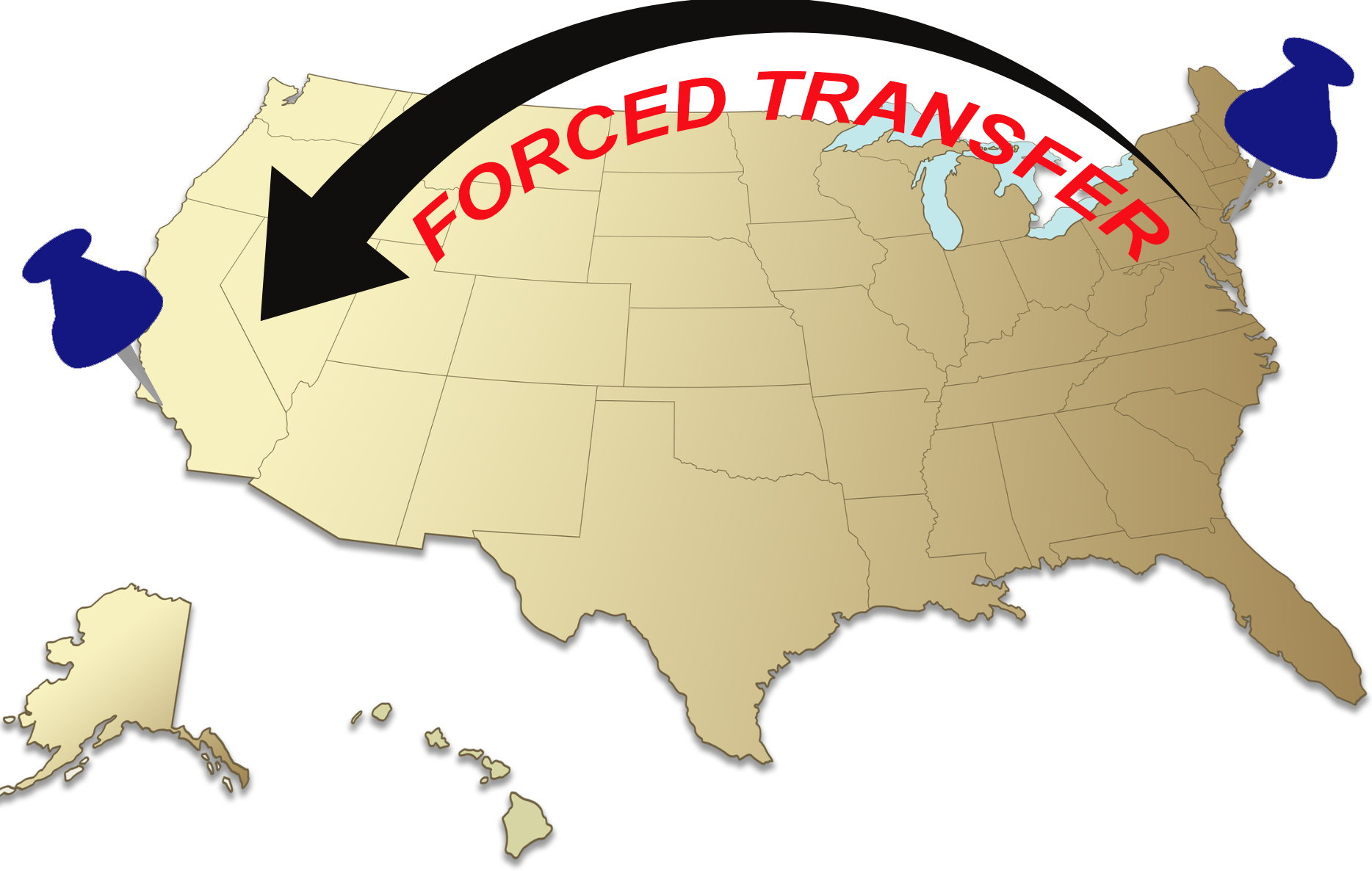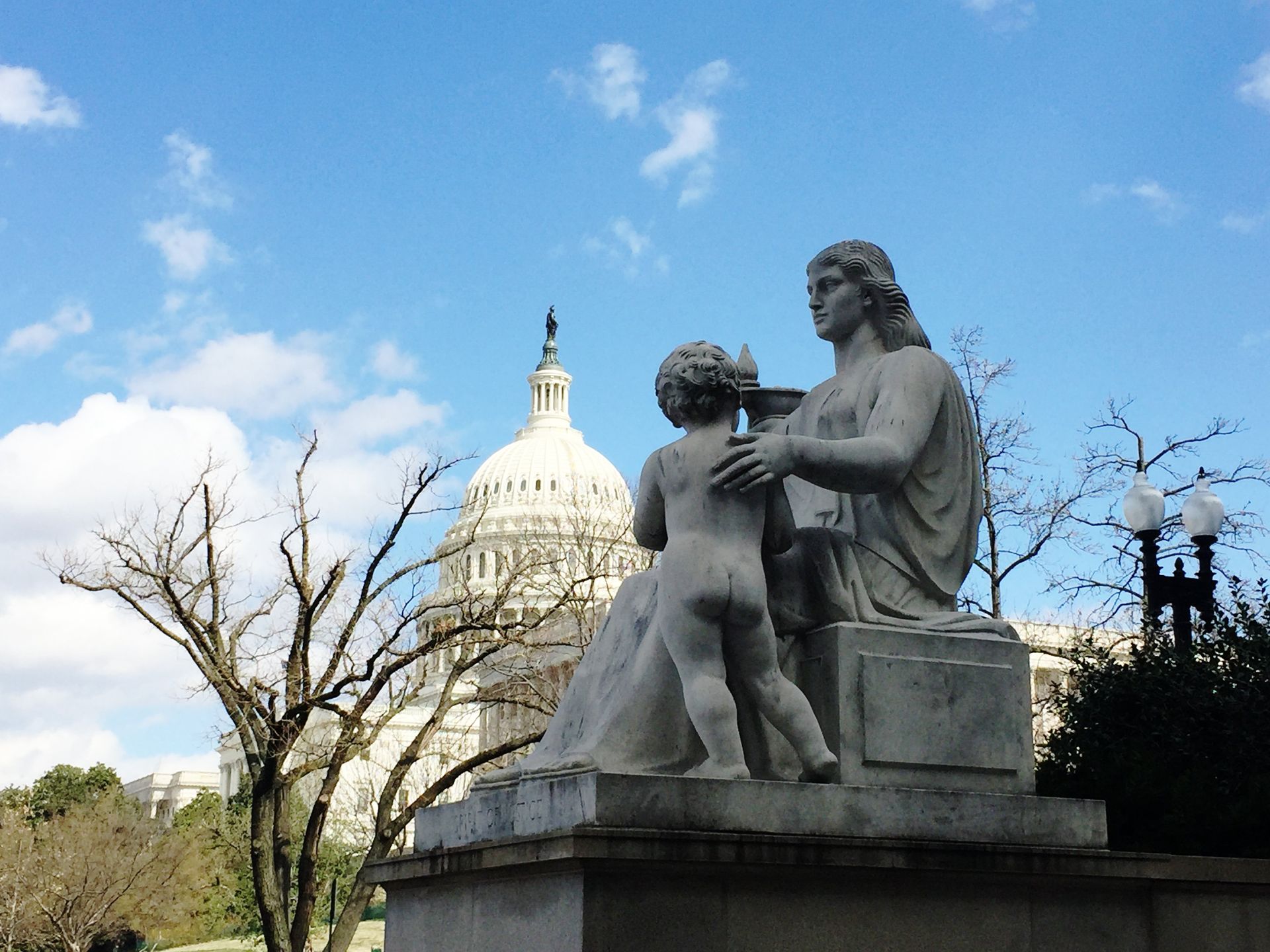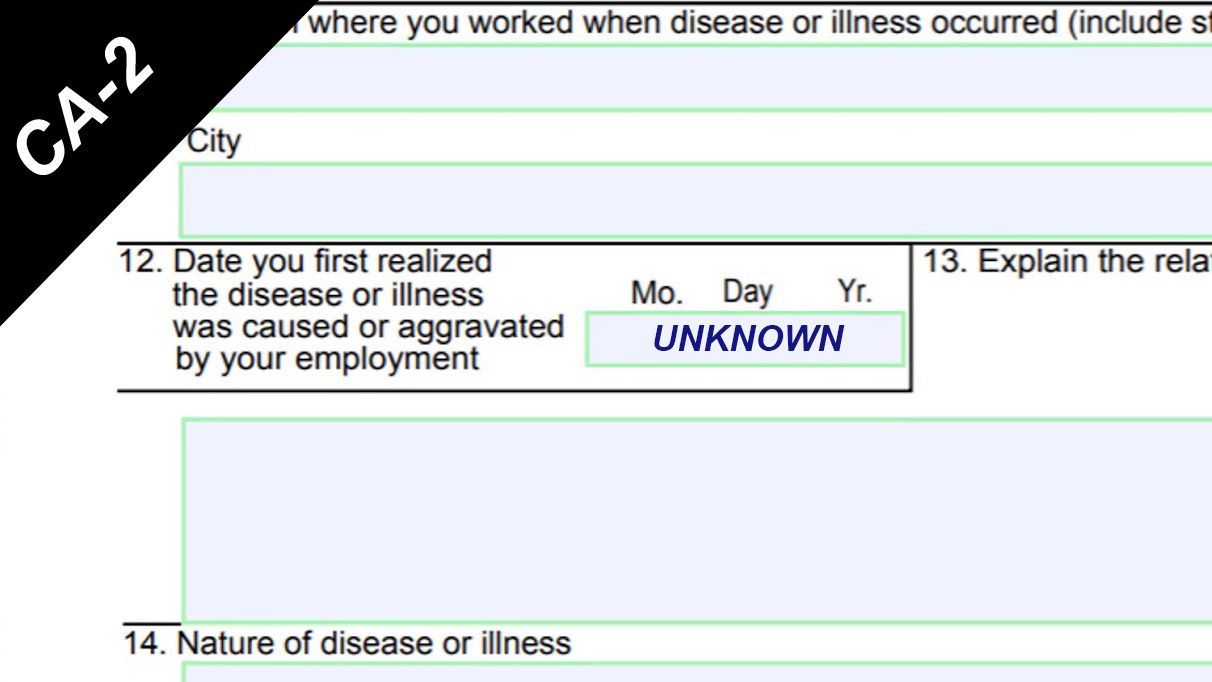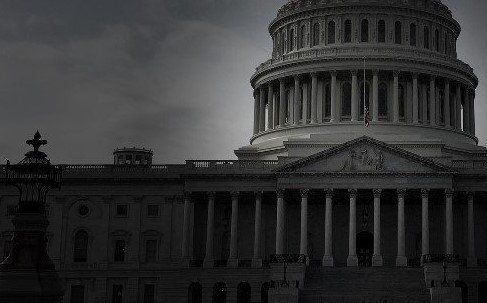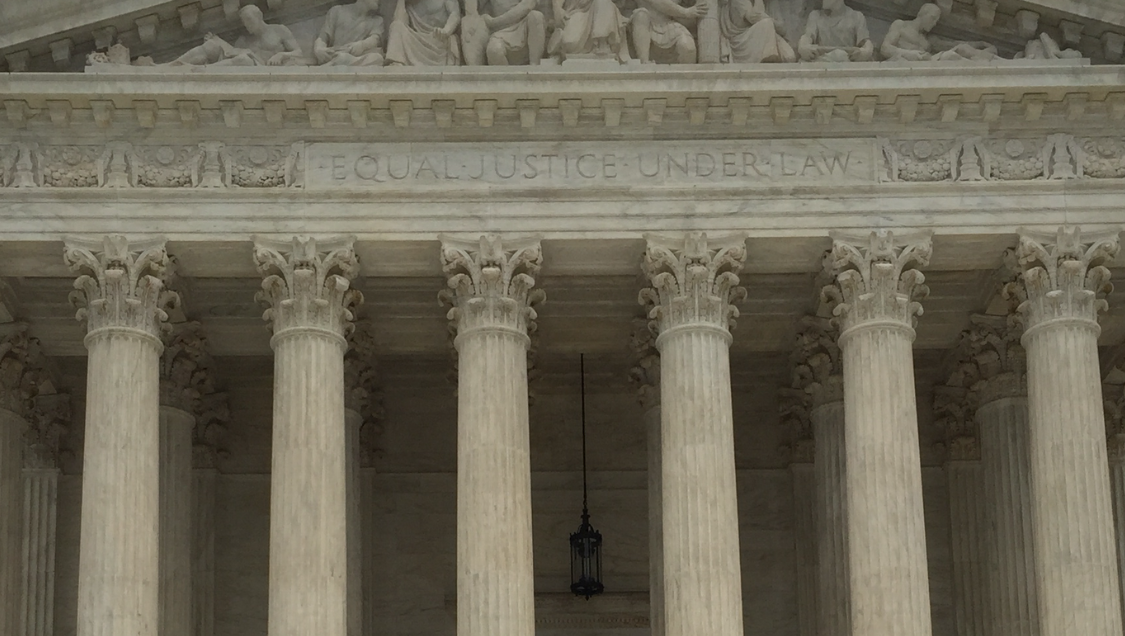Which is Better - A Disability Annuity, New Job, or Both?
A common concern of federal civilian employees receiving FERS disability annuities is if they should accept an employment offer with a new employer. Accepting an offer may result in one of the following scenarios:
- You accept a highly paid position with a new employer that causes you to exceed the FERS earnings limit in the first year, and your FERS disability annuity stops June 30th of the following year;
- You decline the position and continue to receive your disability annuity; or
- You negotiate a lower salary package that does not cause you to exceed the earnings limit, and you receive both your wages and your disability annuity.
Depending on the specific circumstances of the individual employer, you may receive more total income now and in the future under option three. By staying under the earnings limit, the sum of your salary plus your FERS disability annuity payments may be greater than the higher salary you would receive under option one. As a bonus, your FERS age 62 pension will not be adversely impacted.
Be careful in negotiating total compensation. A bonus or other cash payment could put you over the earnings limit!
How Your FERS Disability Annuity and Age 62 Benefit are Calculated
In order to consider best options, it helps to understand how the FERS disability annuity is calculated. FERS is a governmental defined-benefit plan meaning benefits are calculated based on salary and credited pension years of service. When you qualify for disability retirement prior to age 62 (assuming you are not eligible for immediate voluntary retirement and have less than 20 years of service) your benefit is calculated based on the greater of:
- 60% of your high-3 average salary for the first 12 months minus 100% of your Social Security disability benefits (if applicable) and, thereafter, at 40% of your high-3 average salary minus 60% of your Social Security disability benefits (if applicable); or
- 1% of your high-3 average salary multiplied by your years and months of service (for firefighters and law enforcement officers, 1.7% for the first 20 years of service and 1% for years over 20).
If you continuously receive FERS disability annuity payments until you reach age 62, your annuity will be recalculated using an amount that essentially represents the annuity you would receive if you had continued working until the day before your 62nd birthday and then retired under the FERS non-disability provisions. The total service used in your computation will be increased by the amount of time you have received a disability annuity, and your average salary will be increased by all of the FERS cost-of-living increases you received.
What Happens if You Accept a Position Prior to Reaching Age 60 that Results in You Exceeding the Earnings Limit?
If your new position causes you to exceed the earnings limit prior to age 60:
- Your disability annuity will stop on June 30th following the year in which you exceed the limit;
- Your age 62 benefit will be reduced (in some cases significantly); and
- You will lose your Federal Employees Health Benefits (“FEHB”) health and life insurance benefits.
The earnings limit goes away once you reach age 60.
If You Lose Eligibility for the FERS Disability Annuity, Will You be Able to Make Up the Loss of Income?
It may be difficult to make-up the loss considering:
- Many private employers have frozen or closed their defined benefit pension plans to new hires;
- Accepting a salary and other forms of compensation that cause you to exceed the FERS earnings limit by $1 will cause you to lose your entire disability annuity and FEHB retiree health and life insurance benefits; and
- Your FERS age 62 benefit will no longer factor in credited service for the years you received disability annuity payments; nor will it reflect any cost-of-living adjustments you received.
Evaluate Your Choices.
Contact legal counsel before accepting a position with a new employer. Attorneys, can advise you on how to maximize your current and future income and benefits.
If you have already accepted a position with a new employer, legal counsel can assist you in determining the steps you can take to maximize your future income (wages and pension) and possibly requalify for the FERS disability annuity.
Please contact these attorneys for more information:
Nicholas Wieczorek at nwieczorek@clarkhill.com or
Mickey Bartlett at mbartlett@clarkhill.com





